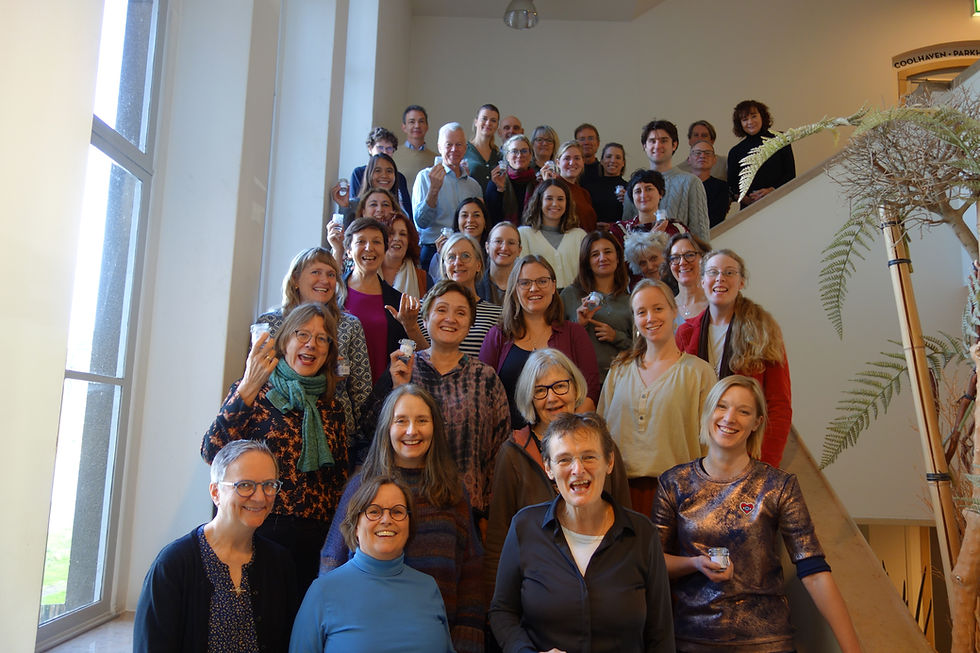The iLIVE Project will learn from the Covid crisis to reach better end of life care
- iLIVE Project

- Jun 29, 2020
- 2 min read

The ongoing Covid-19 crisis is making a big impact in health systems all around the world. More than ten million people have been infected worldwide, and half a million have died according to the WHO. Around 20% percent of the cases result in serious illness and around a 2% of the patients will die. The impact of this numbers is being critical for the quality of care, specially in the last days of the infection.
For this reasons, the iLIVE Project has decided to include a separate study about the impact of the Covid-19 palliative care in the current clinical study, as an aditional project that will complement the existing ones.
This new work has already been presented to the EU authorities for support, to be included as a new 2020 Horizon Project by the European Commission. The new project will be conducted in 20 countries, some of them as new additions to the original iLIVE Project. This project is also embedded in the work of the International Collaborative for Care of the Dying Person that includes about 25 countries all over the world.
The main purpose of the original research was to provide health centers and medical staff with tools to create better protocols in end of life treatments and measuring the efficiency of the current models. The coronavirus outbreak can be an opportunity to address different aspects of this.
Measurements about the current situation can help create a better response in future pandemics, safeguarding the well being of patients, relatives, and professionals alike. It can also help understand better the situations around death and dying, to provide relatives and patients with a more appropriate approach.
The objectives of this research will include:
What are the experiences with end-of-life care of bereaved relatives of recently deceased persons and how are these affected by the current COVID-19 crisis?
What is the effect of the current COVID-19 crisis on the bereavement process of relatives of persons who die during the crisis?
What are the experiences of health care professionals who provided end-of-life care to a recently deceased person and how are these affected by the current COVID-19 crisis?
The expected outcome of the study includes two different sets of data. The primary will be a descriptive assessment of the experience of dying and end-of-life care of relatives and healthcare professionals or trained volunteers. The secondary outcome of the study is a descriptive assessment of bereaved relatives’ grief experiences, with a focus on the concepts of ‘despair’ and ‘personal growth’.



Comments